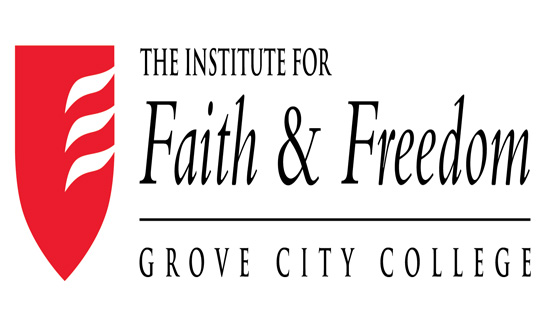Do You Know What You Should Do?
Have you ever been in charge of a project or program? Then you have probably been the recipient of the advice of friends, co-workers, or onlookers who are full of wisdom about how you could be doing your job better. They, of course, have no intention of actually getting their own hands dirty by offering direct assistance to the effort.
They have decided that they need only stand on the sidelines and tell you what to do. Their uninvited, and usually unwelcome, counsel is often prefaced by the question, "Do you know what you should do?"
The Nobel Peace Prize Committee has decided that it needs to tell us Americans what we should do about choosing leaders and setting national priorities. In their presentation of their most prestigious award to Barack Obama, they stated that the award was presented "for his extraordinary efforts to strengthen international diplomacy and cooperation between peoples."
They could not actually point to any achievements in the areas they mentioned, mostly because there aren’t any.
But, in the worldview being espoused by the committee members, effort is really all that matters. In the estimation of the Nobel governors, President Obama means well, and that is enough. Results are not nearly as important as intentions and worldviews. It’s more important that the correct "vision" be promoted than that any accomplishment be achieved.
This is not the first time that the Nobel organization has told America what we should value.
In 1987, another American President was working to promote international diplomacy and cooperation between peoples. To accomplish his objectives,20he combined dialogue with standards. His name was Ronald Reagan.
President Reagan had opened a dialogue with his Russian counterpart, and had listened to all the rhetoric about a new openness in the Soviet Union. So he offered, in less than two minutes, both an opportunity and a challenge. The words are now among his most famous.
"There is one sign the Soviets can make that would be unmistakable, that would advance dramatically the cause of freedom and peace. General Secretary Gorbachev, if you seek peace, if you seek prosperity for the Soviet Union and Eastern Europe, if you seek liberalization: Come here to this gate! Mr. Gorbachev, open this gate! Mr. Gorbachev, tear down this wall!"
But Mr. Reagan didn’t just say the words. He put together an international policy that did, in fact, bring down the Berlin Wall and end the Cold War. Soviet leader Gorbachev responded, but it was President Reagan who initiated and directed the successful conclusion of a nearly 50 year nuclear stalemate.
The response of the Nobel20Committee was to award Mikhail Gorbachev the Nobel Peace Prize and ignore President Reagan; after all, Mr. Reagan did not have the correct "vision" so his achievements were irrelevant.
Perhaps it’s time to turn the tables on the Nobel Prize Committee and become the providers instead of the recipients of their advice. Many Americans would be quite happy to tell them what they should do with their worldview and their prize.





